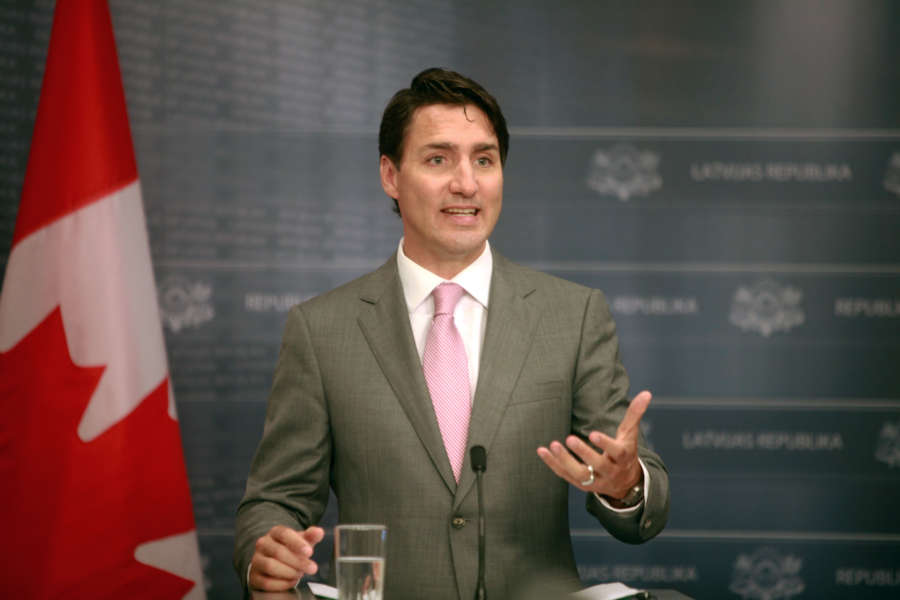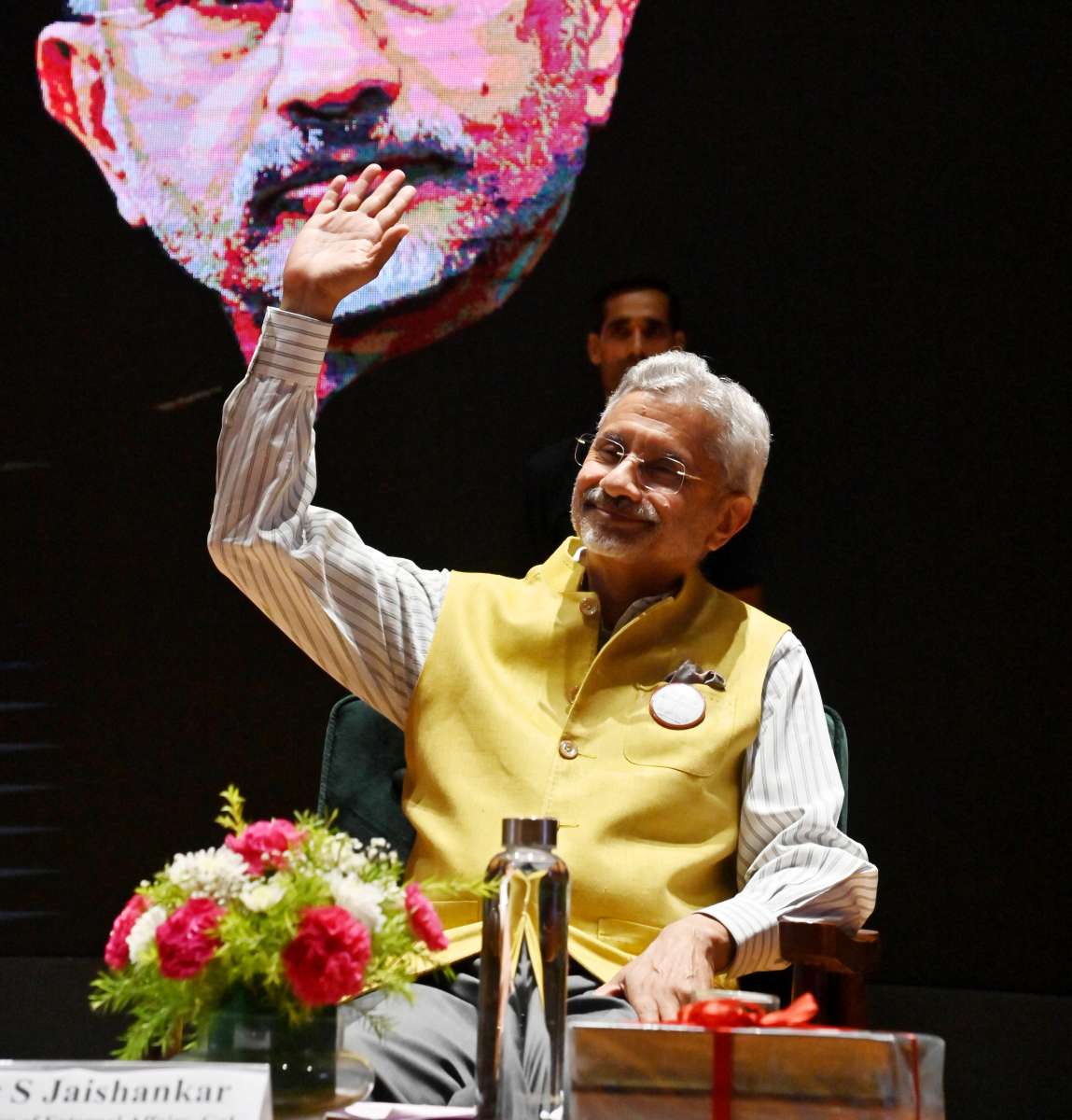External Affairs Minister says that India has provided Canada with a lot of information, and there has been a large number of extradition requests…reports Asian Lite News
Amid the ongoing India-Canada row, External Affairs Minister S Jaishankar highlighted the “organised crime, related to secessionist forces, violence and extremism” in Canada, raising concerns over them being “very permissive” due to political reasons.
Speaking at the ‘Discussion at Council on Foreign Relations’ in New York, Jaishankar said, “In the last few years, Canada actually has seen a lot of organized crime, relating to the secessionist forces, organized crime, violence and extremism. They’re all very, very deeply mixed up. So in fact, we have been talking about specifics and information.”
He further stressed that the Indian government has provided the Canadian side with a lot of information about the crime, and there has been a large number of extradition requests.
“We have given them a lot of information about organized crime and leadership, which operates out of Canada. There are a large number of extradition requests. There are terrorist leaders, who have been identified,” he added.
The EAM raised concern over these incidents of threats to Indian diplomats and attacks on Indian consulates, stating that these are “very permissive” because of political reasons.
“Our concern is that it’s really been very permissive, because of political reasons. So we have a situation where our diplomats are threatened, our consulates have been attacked…A lot of this is often justified, as saying that’s how democracies work. If somebody gives me something specific, it doesn’t have to be restricted to Canada. But if there’s any incident which is an issue and somebody gives me something specific, as a government, I would look at it,” Jaishankar further said.
Regarding PM Trudeau’s allegations, Jaishankar assured that the Indian side will take action if the Canadian side provides specific information in connection with Khalistani leader Hardeep Nijjar’s killing.
“We told the Canadians that this is not the government of India’s policy. Secondly, we said if you have something specific and if you have something relevant, let us know. We are open to looking at it…The picture is not complete without the context in a way,” he said.
Notably, Canada has yet to provide any public evidence to support the claim about the slaying of Hardeep Singh Nijjar.
Early last week, Canadian Prime Minister Justin Trudeau made an explosive statement accusing the Indian government of being involved in the killing of Khalistani terrorist Hardeep Singh Nijjar – a claim that India has outrightly rejected, calling it ‘absurd’ and ‘motivated’.
India has suspended its visa services in Canada, following Canadian Prime Minister Trudeau’s allegations of Indian involvement in the killing.
Amid strained ties, India issued an advisory for its citizens and those who are travelling to Canada to exercise “utmost caution in view of growing anti-India activities and politically-condoned hate crimes and criminal violence” in the country.

‘Row didn’t come up in Jaishankar’s meeting with Blinken’
US State Department on Wednesday informed that the India-Canada diplomatic standoff regarding the killing of Khalistani terrorist Hardeep Singh Nijjar didn’t come up during last week’s meeting between External Affairs Minister S Jaishankar and Secretary of State Antony Blinken.
Jaishankar had met his US counterpart Blinken in New York on the sidelines of the United Nations General Assembly (UNGA) session. Australian Foreign Minister Penny Wong and Japanese Foreign Minister Yoko Kamikawa were also present at the Quad meeting.
“That was not a bilateral meeting. It was a meeting of a number of countries. Did not come up in that meeting. We have engaged with our Indian counterparts on this issue and urged them to fully cooperate with the Canadian investigation,” said State Department spokesperson Mathew Miller, while answering to India-Canada diplomatic row.
“As we have made clear, we have raised this. We have engaged with our Indian counter on this and encouraged them to cooperate with the Canadian investigation and we continue to encourage them to cooperate,” he added.
Early last week, Canadian Prime Minister Justin Trudeau made an explosive statement accusing the Indian government of being involved in the killing of Khalistani terrorist Hardeep Singh Nijjar.
However, India has outrightly rejected the claims, calling it ‘absurd’ and ‘motivated’.
Earlier, Antony Blinken had said that Washington is “deeply concerned” about the allegations made by the Canadian PM about the Indian government’s involvement in the killing of Khalistani terrorist Hardeep Singh Nijjar, adding that the US wants to see accountability and called it “important” that the investigation runs its course and leads to the result.
“We are deeply concerned about the allegations that Prime Minister Trudeau has raised. We have been consulting throughout very closely with our Canadian colleagues, and not just consulting, coordinating with them on this issue,” Blinken said.

Leave a Reply